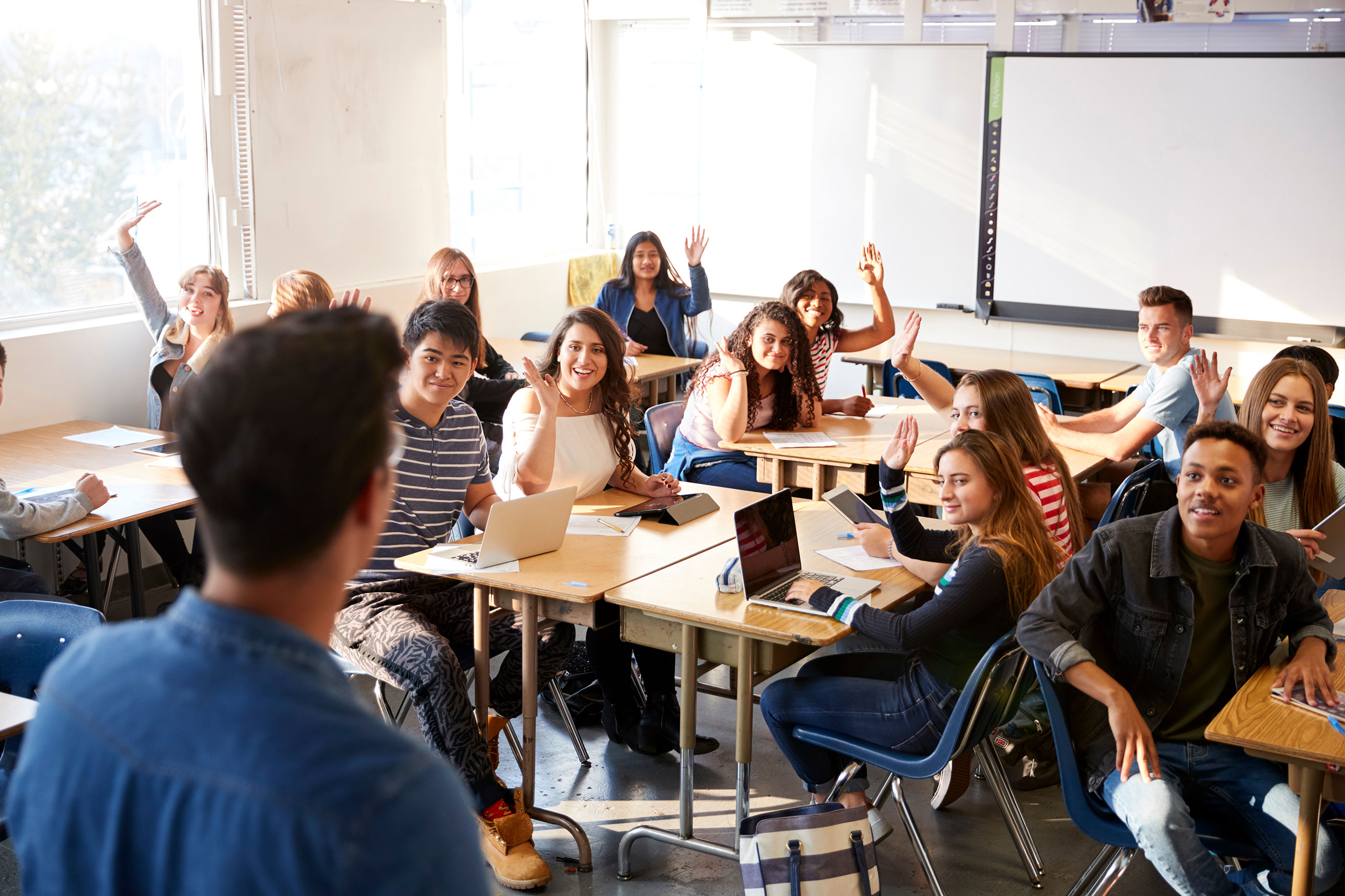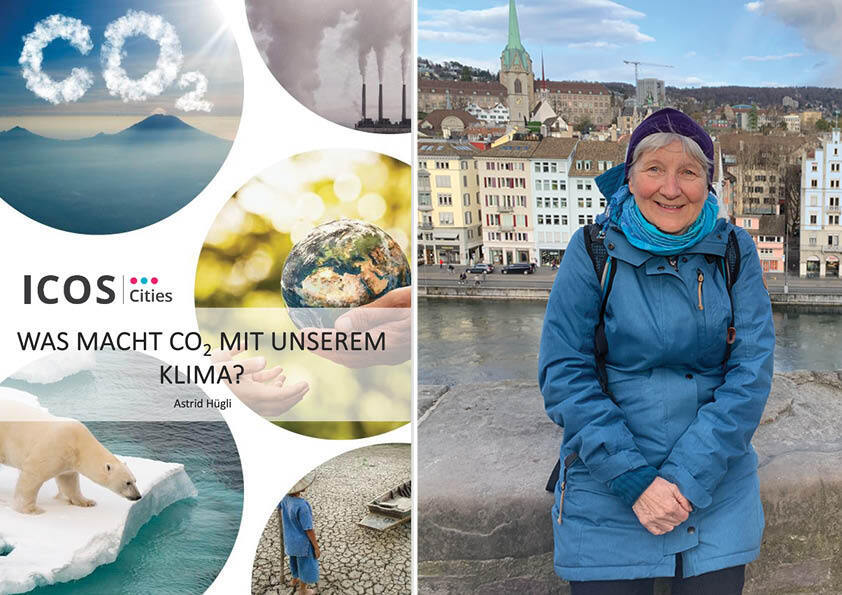
Grassroots initiatives can effectively mobilise citizens on climate-related issues, especially when addressing young audiences. Using scientific expertise from the ICOS Cities project, Astrid Hügli, a teacher from Switzerland and a former engineer, created the CO₂ module, a pedagogical tool for educators to explain the effects of CO₂ concentrations in our atmosphere to teenagers in the classroom. Teachers of the planet selected the CO₂ module to be part of the 100 outstanding climate education solutions featured at COP28 during the RewirED Summit.
“It all started with a phone call from EMPA, the Swiss Federal Laboratories for Materials Science and Technology," recalls Astrid Hügli. "They were looking for a teacher to develop a science-based, educational component for the ICOS Cities project. I jumped in and started working right away." After weeks of development and testing, Astrid came up with the CO₂ module, a 6-lesson learning journey made for teachers in the classroom to explain the impact of rising concentrations of carbon dioxide in the atmosphere to 13 to 16-year-olds. "This wasn't a first for me," explains Astrid. "I had previously designed numerous science-based materials for teachers. But the CO₂ module addresses something so important and complex that it has been quite a challenge, even for me," she adds. “Experts from the ICOS Cities project and the EMPA team Air Pollution / Environmental Technology provided me with essential scientific support”.
From the start, Astrid Hügli had a clear objective when designing the CO₂ module: she wanted classroom theory to cascade into real-life action. For that, she used a three-point pedagogical strategy: manipulation in the classroom by the students, mobilisation of the acquired knowledge and application in real life. With the CO₂ module, students handle physical components on their table in their classroom to understand how the global warming induced by greenhouse gases works. Experiments are supported by pictures taken from the Climate Fresk, a card game made by IPCCC. These pictures help to illustrate the module's experiment questions and act as a bridge to science.

"Students love to get hands-on", Astrid explains. "This increases their capacity to assimilate and retain information." Once they have completed the CO₂ module, students can verify their freshly acquired skills by playing the Climate Fresk. “Gamifying the learning amplifies the impact of the knowledge”, says Astrid Hügli. At the end of the CO₂ module, real-life involvement begins as a 30-day challenge. "That's the last leg of their learning. The moment when these teenagers become aware that they, too, can impact the planet," says Astrid Hügli. In this last phase, students write down what they will change in their life during the next 30 days to positively impact the environment. “30 days is what it takes for our brain to get into new habits," explains the teacher. "Initially, the teens' reaction is to say that they don't own cars or houses and have little space to make change. But quite quickly, they realise they can walk or use public transportation instead of having their parents pick them up by car. They realise that they can change their diet and eat less meat, for example. And that's when they start to engage and care for the planet", says Astrid Hügli.
Another phone call brought the CO₂ module to COP28. "Sarah Horley, programme manager at LearningPlanet Alliance, had heard about our project", explains Astrid Hügli. "We met, I showed her the project, she loved it, and a couple of weeks after that meeting, I got a message saying that the CO₂ module would be among the 100 solutions presented at COP28 on 8 December during the RewirED Summit, via the Teachers for the Planet initiative. For Astrid Hügli and the ICOS-Cities team, being on such a world stage is a great opportunity to present the project to a wider audience. "We, teachers, can help to mobilise the youth on climate issues. We need to spread the facts and get the next generation on board," she concludes.
You can get more details about the CO₂ module here.